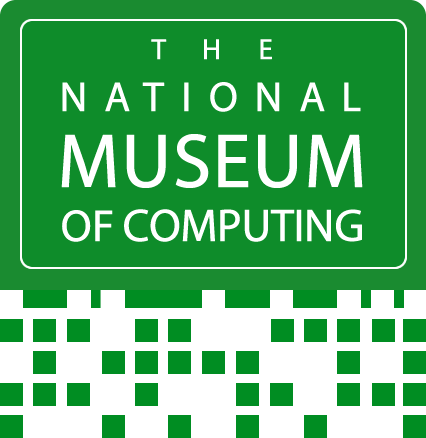How Things Have Changed
/The 100 year Armistice celebrations this November also marked 75yrs since the physical construction of the Colossus Mk1 computer being nearly ready (first tests Dec. 1943).
The Centennial Remembrance Day was conveniently on a Sunday.
In Potterspury Church there was a morning Remembrance Service, and it came to the time of the Gospel reading. The vicar turned on her discrete radio mic, so those needing amplification or hearing loop would be able to hear her better. She turned on her tablet PC and read from it.
Shortly after, we moved to the war memorial in the South aisle: a stained-glass window with a panel of names below. At the time for the silence, again the touch screen of the tablet was pressed and the Last Post started from the sound system. Falteringly at first, but the vicar surreptitiously moved back towards the amp system: wireless connection was better made and the trumpet sound became pure.
During the silence the vicar occasionally looked down at the tablet, then more frequently, and using the clock on the tablet as guide, I deduce, then pressed again for the playing of the Reveille.
After the service, in time for 11am, we decamped to the Graveyard where there are 6 war graves, and we were joined by more villagers. Introduction and readings were given, and then one man seemed to remember he should have turned off his phone. But no! A ‘button’ pressed, and again the trumpet sounded, this time from a battery powered wireless speaker hanging from the other hand.
Again, it might act upon other things besides number, were objects found whose mutual fundamental relations could be expressed by those of the abstract science of operations, and which should be also susceptible of adaptations to the action of the operating notation and mechanism of the engine. Supposing, for instance, that the fundamental relations of pitched sounds in the science of harmony and of musical composition were susceptible of such expression and adaptations, the engine might compose elaborate and scientific pieces of music of any degree of complexity or extent.
Ada Augusta (Countess of Lovelace) - notes on L. F. Menabrea’s “Sketch of the Analytical Engine Invented by Charles Babbage,” Scientific Memoirs (Sept., 1843)
Who would have imagined it?



